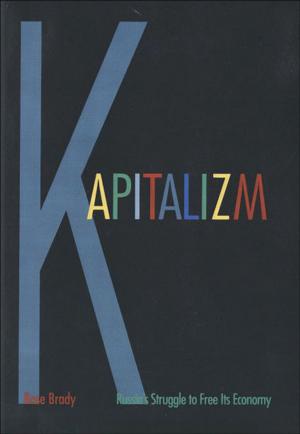School Choice and the Question of Accountability
The Milwaukee Experience
Nonfiction, Reference & Language, Education & Teaching, Special Education, Experimental Methods| Author: | Emily Van Dunk, Anneliese M. Dickman | ISBN: | 9780300127973 |
| Publisher: | Yale University Press | Publication: | October 1, 2008 |
| Imprint: | Yale University Press | Language: | English |
| Author: | Emily Van Dunk, Anneliese M. Dickman |
| ISBN: | 9780300127973 |
| Publisher: | Yale University Press |
| Publication: | October 1, 2008 |
| Imprint: | Yale University Press |
| Language: | English |
This timely book refocuses the debate about school choice programs with a nonpartisan assessment of the nation’s largest and longest-running private school voucher program-the high profile Milwaukee experiment-and finds that the system undercuts the promise of school choice.
The authors argue that the Milwaukee experiment has not resulted in the one element necessary for school choice to be effective: an accountability system in which good schools thrive and poor schools close. They show that most ingredients of a robust market are missing. Well-informed consumers (parents) are not the norm. State fiscal incentives are counterproductive, and competition among public and choice schools is difficult to discern. They conclude that school choice could succeed if certain conditions were met, and they offer guidelines to strengthen accountability and repair the voucher system.
This timely book refocuses the debate about school choice programs with a nonpartisan assessment of the nation’s largest and longest-running private school voucher program-the high profile Milwaukee experiment-and finds that the system undercuts the promise of school choice.
The authors argue that the Milwaukee experiment has not resulted in the one element necessary for school choice to be effective: an accountability system in which good schools thrive and poor schools close. They show that most ingredients of a robust market are missing. Well-informed consumers (parents) are not the norm. State fiscal incentives are counterproductive, and competition among public and choice schools is difficult to discern. They conclude that school choice could succeed if certain conditions were met, and they offer guidelines to strengthen accountability and repair the voucher system.















